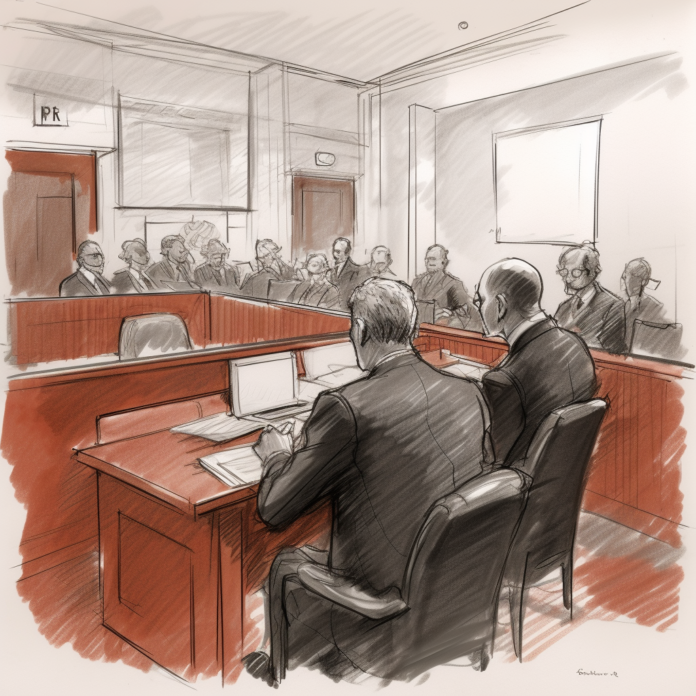The U.S. Supreme Court has decided not to take up a challenge to a Third Circuit decision, thus declining to compel arbitration in a federal benefits lawsuit filed by a participant in an envelope manufacturer’s employee stock ownership plan (ESOP). The decision maintains the Third Circuit’s ruling, allowing the case to proceed in court.
Challenge Rejected
In an order list released on Monday, the justices dismissed the petition for certiorari submitted by two executives from the envelope company, BSC Ventures Holdings Inc., and BSC’s ESOP trustee, Wilmington Trust NA, back in August. The executives, Brian C. Sass and E. Stockton Croft IV, along with Wilmington Trust, aimed to reverse the Third Circuit’s ruling from June, which upheld a Delaware district court’s judgment from September 2021 in the Employee Retirement Income Security Act (ERISA) lawsuit.
Central Issue
At the heart of this legal dispute is whether the arbitration provision in the ESOP plan documents impermissibly waived statutory remedies under ERISA, specifically the right of a participant to bring claims on behalf of the plan and other participants through a proposed class or representative action. The Third Circuit found that when an arbitration agreement serves as a prospective waiver of statutory remedies, it cannot be enforced, as this would contradict the Federal Arbitration Act. The Third Circuit panel emphasized that “the class action waiver and the statute cannot be reconciled.”
A Win for Plan Participants
This Third Circuit’s decision represents a significant victory for plan participants, particularly Marlow Henry, who initiated the lawsuit in 2019 on behalf of a proposed class of BSC Ventures Holdings ESOP participants. Henry alleged that Wilmington and the executives had mismanaged the ESOP when it made a $50 million stock purchase in 2016, resulting in overvalued company shares, inaccurate financial projections, prohibited transactions, and a breach of fiduciary duty. This, in turn, led to a decrease in the value of ESOP plan participants’ stock.
Two Paths, One Result
While the Third Circuit affirmed the district court’s denial of the motion to dismiss, the two courts took slightly different routes in their reasoning. The district court had based its denial on Henry’s alleged lack of consent to arbitration, whereas the Third Circuit focused on the issue of blocked ERISA statutory remedies.
Remaining Questions
This decision comes at a time when multiple circuits have been addressing the issue of ERISA class waiver and arbitration, and many legal experts believe the matter will ultimately find its way to the Supreme Court.
No Immediate Comments
As of now, there have been no comments from counsel representing Wilmington Trust, the executives, Marlow Henry, or the proposed class.
Legal Representatives
Wilmington Trust is represented by Michael Prame and Sarah Adams of the Groom Law Group. The BSC executives, Brian C. Sass, and E. Stockton Croft IV, are represented by Thomas D. Myrick, Mark A. Nebrig, and Drew P. Newman of Moore & Van Allen PLLC. Marlow Henry and the proposed class are represented by Peter K. Stris of Stris & Maher LLP.



